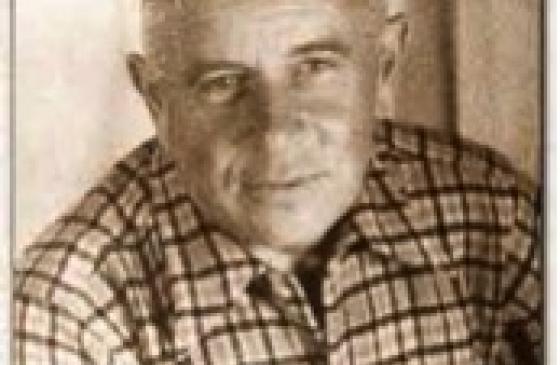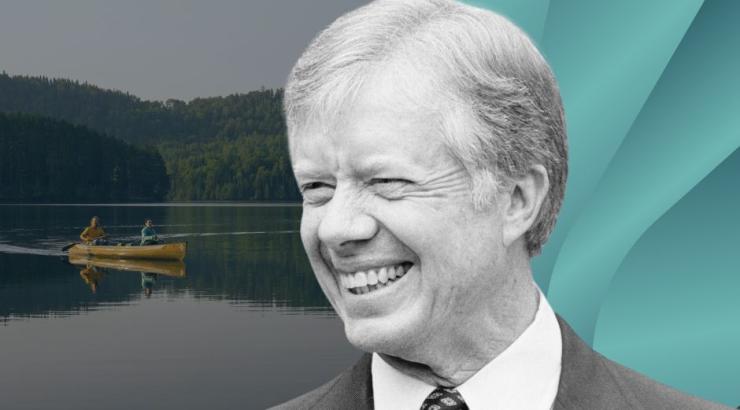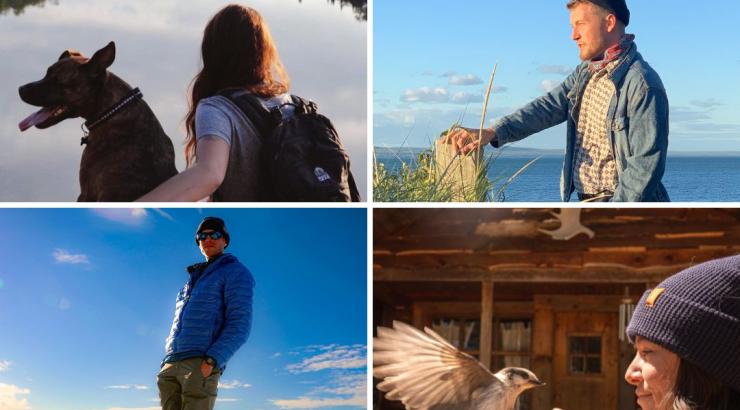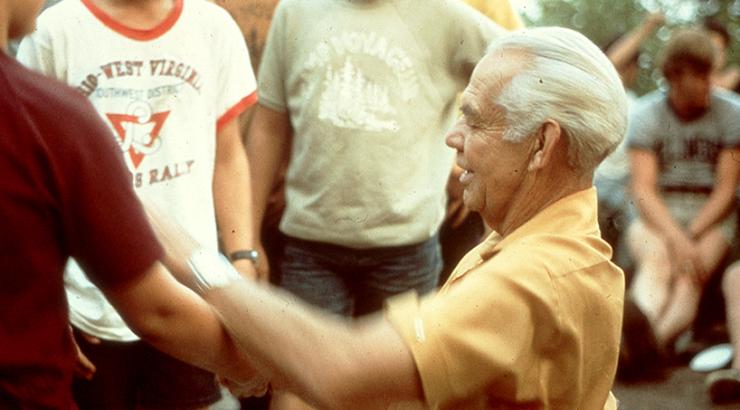Ernest Oberholtzer, nicknamed “Ober”, took his first canoe trip to the Boundary Waters in the summer of 1907. Like so many of us, all it took was one trip to the BWCAW for him to be sold. In fact, Ober was so enamored by the wonders of the Boundary Waters that he returned in 1909 to canoe 3,000 miles of the Rainy Lake watershed. His time spent exploring here proved useful as he discovered and provided travel times for a variety of canoe routes. These early experiences proved critical in shaping Ober’s future preservation efforts, but it wasn’t until 1925 that Ober’s simple love of the Wilderness evolved into a fierce passion to save it.
It was at this time that a 41-year-old Ober heard of industrialist Edward Backus’ plan to construct seven dams and develop four central water storage areas in the BWCAW, Quetico Provincial Park, Voyageurs National Park and portions of the Superior National Forest. Upon hearing this news, Ober was instantly on the defensive. He viewed these plans as an attack on the area’s ecology, one that would lead him to assume the primary role in the national fight against Backus’ proposed plan.
In 1927, a group of Twin Cities business professionals contacted Ober and offered their support with his efforts to protect the Rainy Lake watershed. With newfound allies, Ober proceeded in his efforts to not only oppose Backus, but also actively counteract him by creating his own plan to have the Rainy Lake watershed region be controlled as its own bioregion. To do this, Ober came up with the idea to have both the United States and Canada sign a treaty marking the Quetico-Superior region an International Peace Memorial Forest in honor of all those who fought in WWI. These efforts by Ober led to the birth of the Quetico-Superior Council, which he headed, to lobby for the creation of the International Peace Memorial Forest.
The Quetico-Superior Council held its inaugural meeting in 1928 wherein Ober agreed to a six month presidency that ultimately lasted for over 30 years. It was also at this time that Ober spent much of his time in Congress tirelessly lobbying for the passage of the Shipstead-Newton Bill. Ober was persistent in his quest to make the consequences of Backus’ proposal public knowledge. This is evident as Ober wrote Backus’ plan would be, “not at private but at public expense.” He not only lobbied in Congress, but he also met with President Herbert Hoover to gain his support for the International Peace Memorial Forest. All of Ober’s work paid off in 1930 when President Herbert Hoover signed the Shipstead-Newton-Nolan Act into law. This moment was historic in that it was the first U.S. statute wherein Congress ordered land to be guarded as “wilderness,” while also eliminating the sale and homesteading of federal land in the BWCAW, preventing dams from changing natural water levels and logging from being allowed closer than 400 feet to the shore.
Ober’s fight for the conservation of this region did not go unnoticed by President Franklin Delano Roosevelt who, in 1934, appointed Ober as first chair of the newly formed Quetico-Superior Committee, which served the same purpose as the Quetico-Superior Council but on a federal level. Ober’s service didn’t end there as he continued to fight for wilderness preservation as a part of the Wilderness Society, which he helped found to help future generations to experience the outdoors as those before them had. In 1967, Ober received the recognition he deserved from the Department of the Interior as he was awarded the Distinguished Service Award for his preservation efforts.
Ernest Oberholtzer dedicated his life to protecting the wilderness, making countless personal sacrifices along the way. We admire Ober for relentlessly doing that which we strive to do everyday, speaking loudly for a quiet place, and for that he is forever a Boundary Waters Legend.
We're proud to have the Ernest Oberholtzer Foundation as one of our partner organizations. We are thankful for their support.



